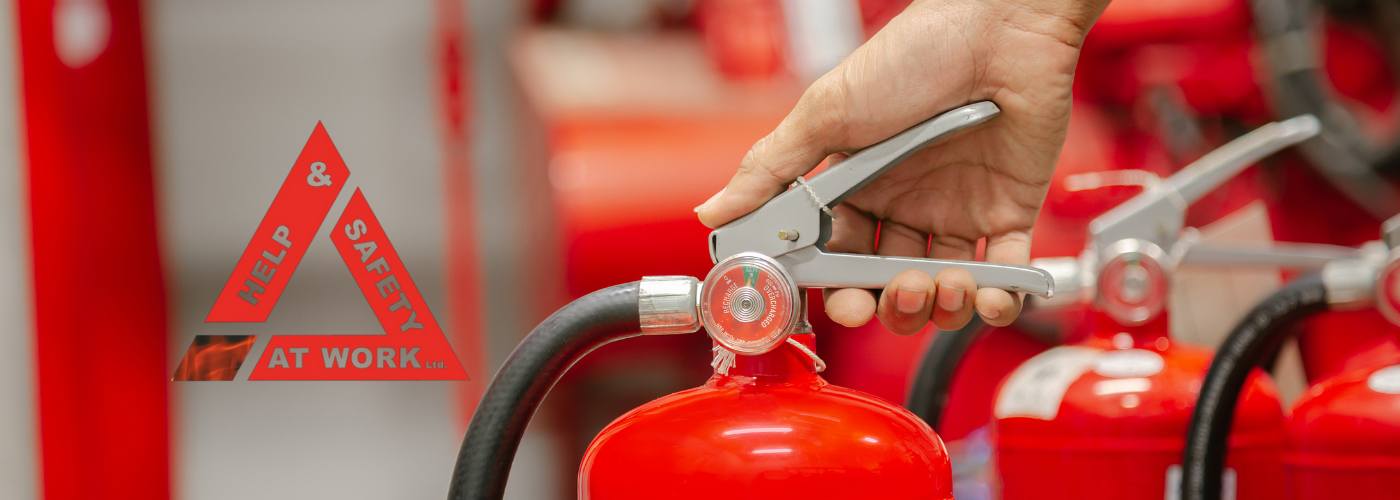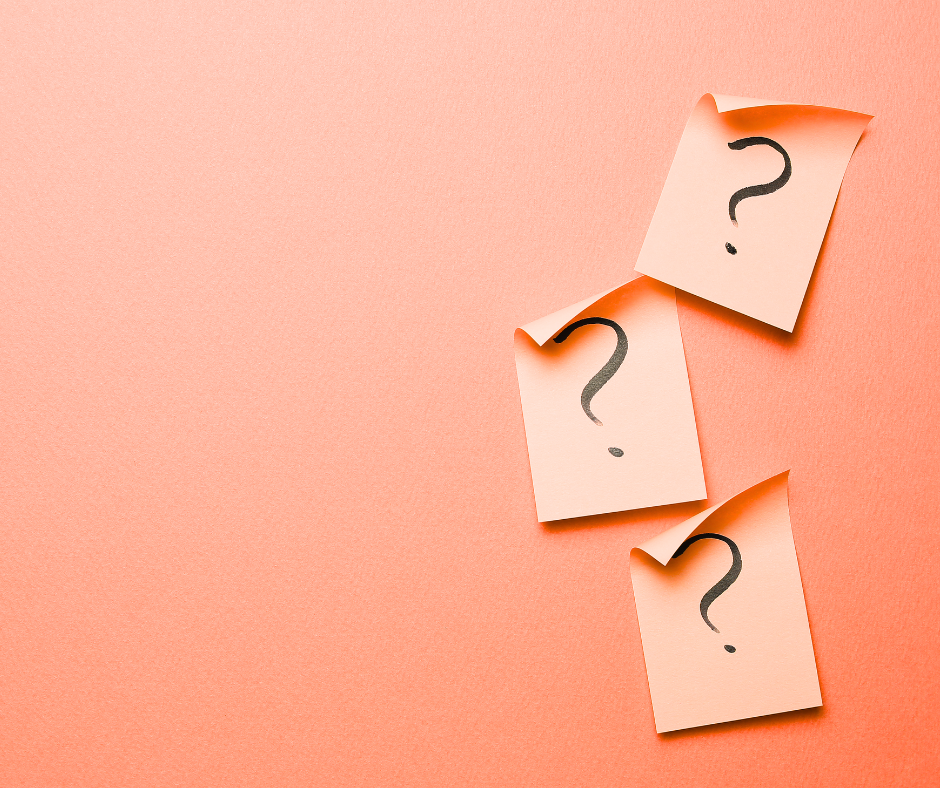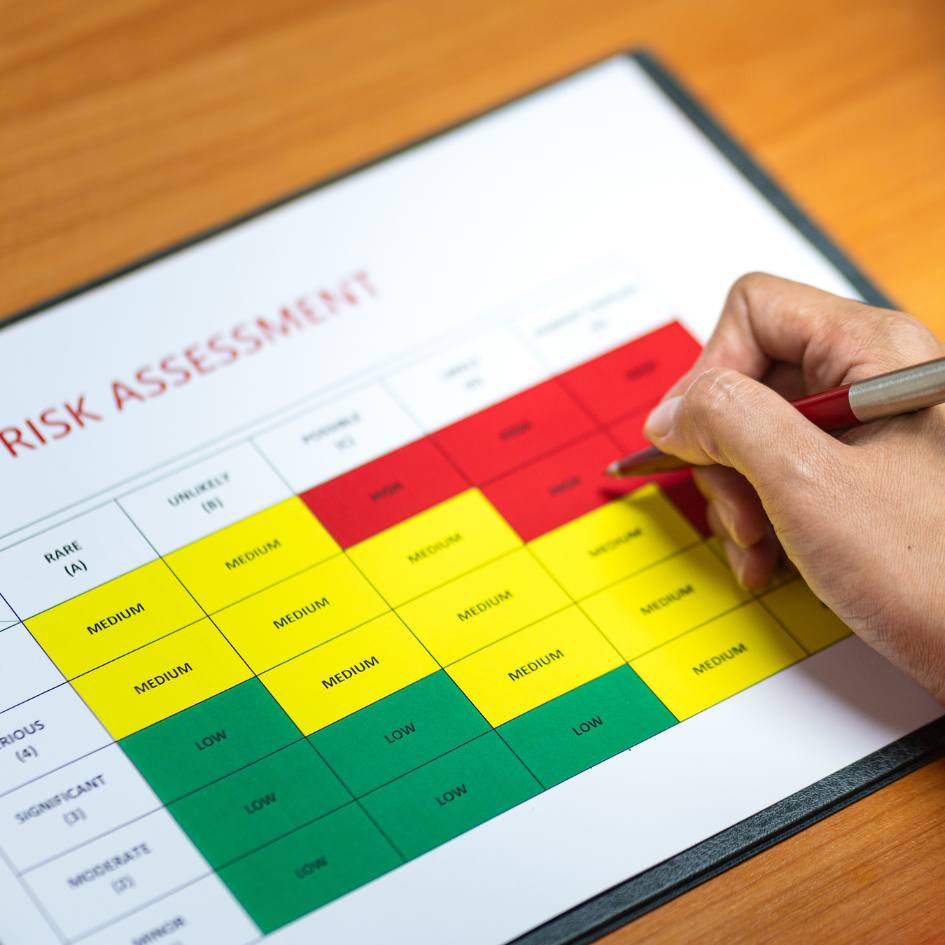

Assessing Fire Safety for High-Risk Areas in Buildings
High-risk areas within buildings present significant fire hazards due to the presence of flammable materials, complex machinery, or other risk factors. This post focuses on identifying these areas and implementing effective fire safety measures.
Identifying High-Risk Areas
Kitchens
Kitchens are common in residential, shared living and commercial buildings. They are prone to fires due to cooking appliances, flammable oils and gases. The combination of high heat and flammable substances makes kitchens a critical areas for fire safety. Ensure you have a fire blanket or fire extinguishers available nearby at all times.
Electrical Rooms
Electrical rooms house electrical panels and equipment that can overheat or malfunction, posing a fire risk. Proper management and maintenance of these rooms are essential to prevent electrical fires. A Co2 fire extinguisher is required in order to prevent emergencies.
Storage Areas
Spaces used for storing flammable materials, such as paper, chemicals or textiles, can quickly become fire hazards if not managed properly. The accumulation of these materials increases the potential for rapid fire spread.
Workshops and Hot works
Areas with machinery, tools or chemicals need strict fire safety measures due to their inherent risks. The use of hazardous or flammable materials with high-energy equipment requires vigilant safety practices.
Preventative measures for fire safety in high-risk areas
Regular Inspections
Conduct regular fire risk assessment and inspections to identify and mitigate potential hazards in high-risk areas. Regular checks ensure that any issues are promptly addressed before they escalate.
Housekeeping
Maintain clean and clutter-free environments, especially in high risk areas and along the fire escape route. Good housekeeping practices prevent the accumulation of flammable materials and ensure clear fire exits.
Electrical Safety
Ensure that all electrical installations and equipment are properly maintained and that sockets are not overloaded. Regular maintenance and adherence to electrical safety standards are crucial to preventing electrical fires. Conducting regular PAT testing will ensure the reliability of all of your portable appliances.
For further information about understanding how to keep your high-risk areas within your properties safe from the risk of fires you can visit our services page or directly contact us on 01832735874 or email us at admin@hasaw.co.uk. Do not underestimate the importance of fire protection.




